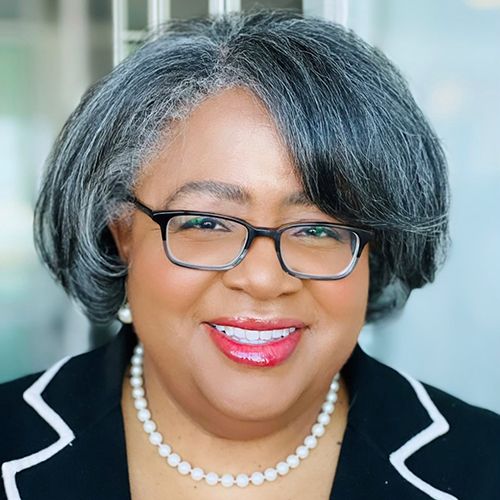Black women, in particular, are no strangers to traumatic experiences or being forced to be “strong” and “resilient” in the face of said trauma and, yet, somehow, finding joy anyhow. This is especially true for Black maternal health.


Black women, in particular, are no strangers to traumatic experiences or being forced to be “strong” and “resilient” in the face of said trauma and, yet, somehow, finding joy anyhow. This is especially true for Black maternal health.

The number of legal abortions in the United States increased in the year after the Supreme Court overturned Roe v. Wade. But they decreased sharply in states with total bans or strict limits on the procedure.

The number of legal abortions in the United States increased in the year after the Supreme Court overturned Roe v. Wade. But they decreased sharply in states with total bans or strict limits on the procedure.

Reports of abuse involving reproductive coercion – actions that prevent someone from making crucial decisions about their body and reproductive health – nearly doubled in the yearlong period after Roe v. Wade was overturned, according to new data from the National Domestic Violence Hotline (NDVH).

Latinas remain the largest group of women of color in the nation impacted by current or likely state abortion bans more than a year after the Supreme Court struck down Roe v. Wade last summer.

Given the increased economic resources required to access abortions in many communities post-Dobbs, Latinas in these 26 states who face large wage gaps are particularly likely to be harmed.

Latinas remain the largest group of women of color in the nation impacted by current or likely state abortion bans more than a year after the Supreme Court struck down Roe v. Wade last summer.

As value-based care models continue to improve and evolve, the definition of “value” for consumers and patients must also be broadened to include reducing inequities in access and quality.

Right-wing extremists are so obsessed with sending women back to the dark ages that they are now attacking the commonsense Pregnant Workers Fairness Act, a bipartisan law that took effect in June.

Since the Supreme Court overturned Roe v. Wade in June 2022, 15 states have banned abortion outright (others restrict abortion after six weeks, before most people know that they’re pregnant). Meanwhile, 49 states have proposed close to 600 anti-trans laws this year alone.

A glimpse of what’s at stake in the upcoming Supreme Court term and a recap of the highlights (and lowlights) of last year’s term.

The vast majority of Americans — 7 in 10 — think that politicians are not informed enough about abortion and gender-affirming care to create fair policies, new polling by The 19th and SurveyMonkey found. Partisan battles over both issues are expected in races up and down ballots in 2024. Republicans at all levels of government are pushing to restrict access to abortion and gender-affirming care, and the polling indicates that these efforts likely appeal only to the party’s most fervent base voters.

A chatbot launching Tuesday aims to give users confidential, accurate information when seeking abortion care. The bot, Charley, was built specifically to reach people in states where abortion has been banned or restricted, but it does not offer legal advice.

Legal abortions most likely increased in the United States in the first six months of the year compared with 2020, an analysis of new estimates shows, as states with more permissive abortion laws absorbed patients traveling from those with bans and access to abortion pills via telemedicine continued to expand.

The recent upheaval of affirmative action in higher education will harm patients of color. This harm could be particularly pronounced for patients of color with rare diseases, who are systematically undiagnosed, misdiagnosed, and left to fend for themselves in an overwhelmingly white medical system.

A federal appeals court panel said on Wednesday that the abortion pill mifepristone should remain legal in the United States but with significant restrictions on patients’ access to it, setting up a showdown before the Supreme Court on the fate of the most common method of terminating pregnancies.

About three million of them showed up for a vote dominated by the debate over abortion rights — an issue that was not technically on the ballot, but was the undeniable force that transformed what would have normally been a little-noticed election over an arcane legislative proposal into a national event.

As another of the states bordering Illinois is set to enact a near-total abortion ban this week, Gov. JB Pritzker on July 31 announced several new programs to help address the influx of out-of-state abortion seekers the state has seen in the 13 months since the U.S. Supreme Court overturned Roe v. Wade.

Medicaid helped me discover that I loved reading because I no longer got a headache from straining my eyes. New Mexico’s generous Medicaid program serves thousands of families like mine in innumerable ways.

Dr. Linda Prine is providing abortion access to people in all 50 states, even those that have banned it. That might seem like an admission to be discreet about in post-Roe America…